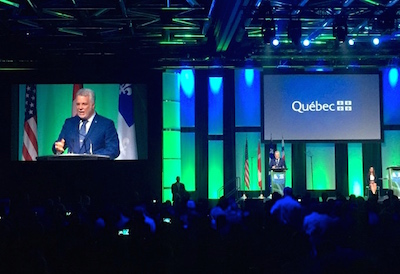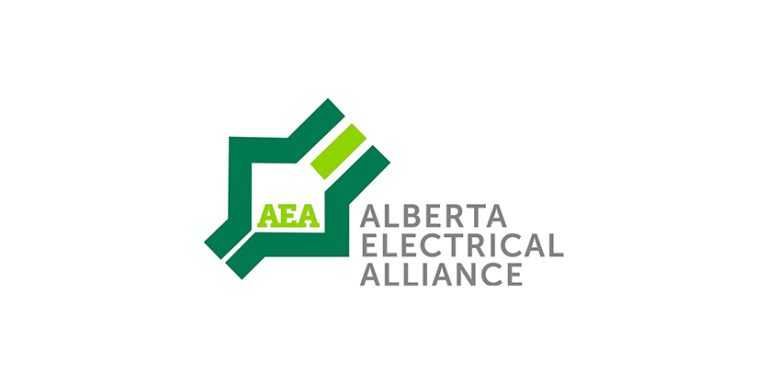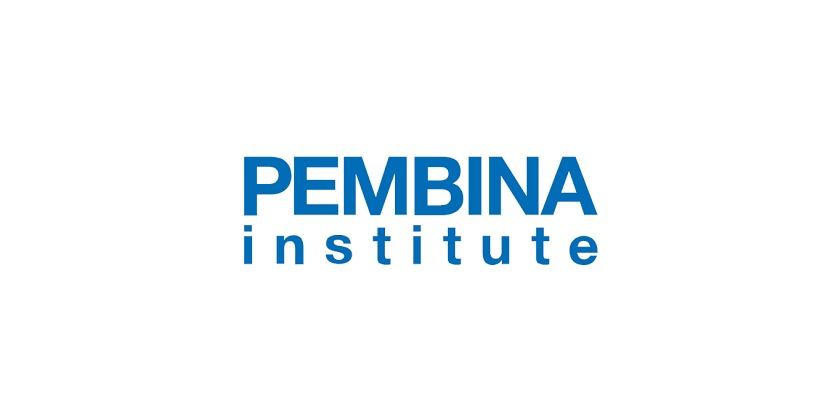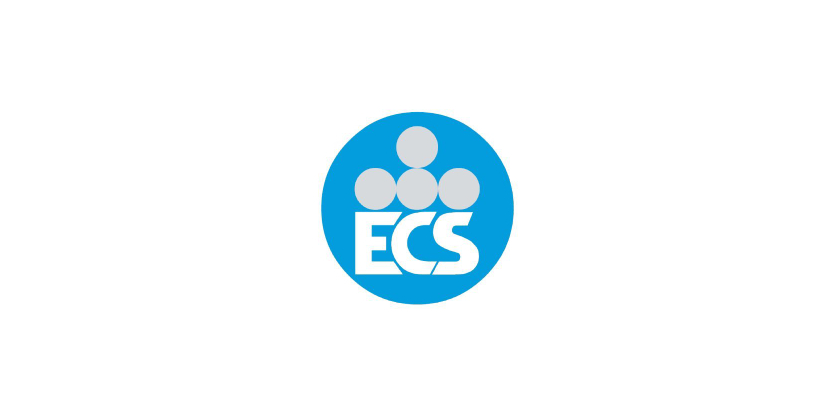EVS29 Electric Vehicle Symposium Draws 2,000 Attendees

June 23, 2016
The EVS29 conference, an international event held in Montreal from June 19 to 22 that drew over 2,000 attendees, showcased rechargeable electric vehicles of all kinds as well as Quebec’s Electric Circuit. Shown in the photo: Quebec Premier Philippe Couillard welcoming delegates.
Companies from Quebec and all over the world exhibited their products related to transportation electrification, and over 1,000 people took electric vehicles out for a test drive.
“Transportation electrification remains an essential tool in the fight against climate change, and Hydro-Québec has everything it takes to bring clean, renewable energy to this evolution,” says Pierre-Luc Desgagné, Vice President – Corporate Affairs and Secretary General at Hydro-Québec. “Electric vehicles, regardless of whether they are hybrid or fully electric, contribute to reducing GHG emissions and are an attractive financial choice for drivers.”
Hydro-Québec to electrify Highway 20
During the EVS29 conference, Hydro-Québec announced the electrification of Highway 20, one of Quebec’s busiest corridors, between Montreal and Mont-Joli. New fast-charge stations in Daveluyville and Laurier-Station will be in addition to the existing stations in Sainte-Julie, Drummondville and Lévis. A sixth charging station will be available this fall at the St-Hubert restaurant in St-Hyacinthe.
Later this year, a second phase of the Highway 20 electrification project will be completed between Quebec City and Mont-Joli, with the addition of fast-charge stations in Montmagny, Rivière-du-Loup, Trois-Pistoles and Rimouski. Charging stations are already in service in La Pocatière and Mont-Joli.
The Electric Circuit is the largest public charging network for electric vehicles in Quebec, with over 670 charging stations, 34 of which are fast-charge stations.
Quebec a leader in transportation electrification
At the conference, Hydro-Québec’s transportation electrification expertise was the object of much attention and enthusiastic praise. The Electric Circuit’s business model, which centres on investments from private and institutional partners to commission new charging stations, was highly acclaimed as an innovative approach.
The results of a pilot project, which was run by the Hydro-Québec’s research institute, IREQ, and aimed to test power exchanges between electric vehicle batteries and homes or the electrical system, also drew a positive reaction among conference-goers. The event was also a stage for showcasing Hydro-Québec subsidiary TM4’s high-performance electrical powertrains, including its SUMO line, specially designed for electric buses.
Photo courtesy of EVS29 Electric Vehicle Symposium.

















